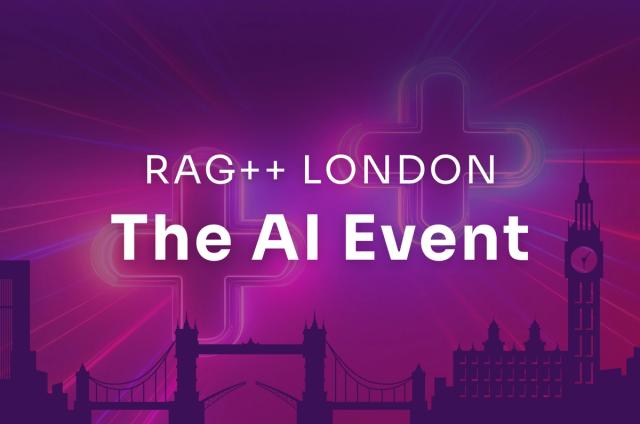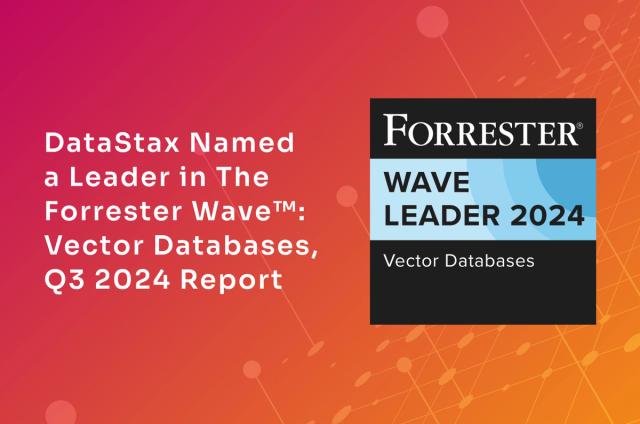Is Your Data Ready for ChatGPT?

Artificial intelligence (AI) agents, such as ChatGPT, are revolutionizing the way we unlock knowledge and build efficiency into business processes. And even with all the excitement in the market, it’s only just the beginning. AI agents are poised to become the predominant entry point for consumer interactions, transforming the landscape of digital experiences. Let’s take a quick look at the rise of AI agents, their unique characteristics, and the implications for businesses, data teams, and API providers.
Virtual assistants, chatbots, and voice-activated devices are intelligent systems that leverage APIs to access data, perform tasks, and deliver personalized responses to users. These systems aren’t new, but there’s a wave of innovation that’s making AI more powerful, accurate, and more interactive; consequently, AI agents are becoming more capable, intuitive, and integrated into our daily lives.
One crucial aspect that sets AI agents apart from traditional websites and applications is the way they interact with APIs. Unlike users who choose which websites or apps to navigate, AI agents determine which plugins to use. This parallelization of plugins introduces a new dynamic, where AI agents become the decision-makers in selecting the most appropriate API to fulfill a given task.
This creates an enormous incentive for companies to start working to ensure their data, APIs, and authorization services are optimized for AI-driven interactions with their target audience. Just like companies have grown accustomed to optimizing content for SEO to score well with search engines like Google, they must now quickly act to ensure their APIs and data are optimized to perform well in the world of AI agents.
To understand what this means, consider the typical development approach employed today. A developer builds and tests an integration before opening it up for users to employ. In contrast, AI agents dynamically build and execute integrations on the fly. This real-time integration construction enables agility and adaptability, but it also places unique demands on APIs and the data behind those APIs.
APIs and the data backing them must meet the requirements of AI agents for the agents to be successful; APIs and data must:
- be readily available and easily interpretable
- be inherently scoped to the permissions of the AI agent
- be highly responsive
- offer self-correcting advice to the AI agent
Companies that invest in preparing their APIs, data, and authorization models for AI agents can offer enhanced capabilities, respond faster to queries, and enable AI agents to provide precise and valuable assistance to users. The ability to deliver superior user experiences and optimize interactions with AI agents will become a significant competitive advantage.
While it's still not clear how much AI optimization will influence AI agents' plugin preferences, it is reasonable to expect that providers of AI agents will measure success rates. Providers are likely to favor plugins that better serve end users, as their ultimate goal is to offer the most helpful and satisfying experiences. Consequently, companies developing plugins that align with the preferences and requirements of AI agents will likely gain a competitive edge.
To help organizations take advantage of this new and growing demand for their data and APIs, Poly API and DataStax are collaborating to provide seamless full-stack solutions. With Poly’s API consumption platform, you can customize your APIs to be AI friendly; DataStax enables organizations to power those APIs with real-time data, ready to handle the stringent scale and performance requirements needed to compete and win in the AI agent ecosystem. This collaboration empowers businesses to leverage AI agents and optimize their API capabilities at scale.
Ready to unlock the potential of AI agents and leverage their capabilities to optimize your APIs and enhance user experiences? Please reach out to us to learn more.





